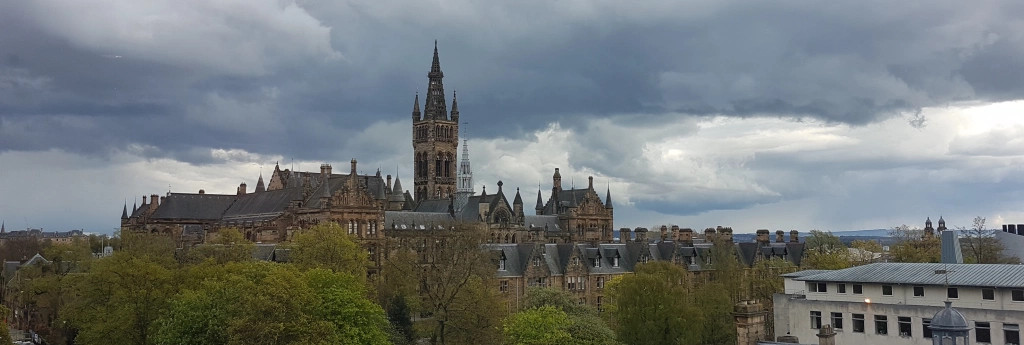Speaker
Description
PANDA is a new peer mentoring programme established at the start of the 2020 academic year for all students in the School of Physics and Astronomy at the University of Glasgow. In this scheme, current students from Level 2 or above are matched up to new students to mentor, buddy-up with, or otherwise provide an additional layer of pastoral support to them. All new students who are either entering 1st/2nd year as undergraduates or entering one of the School's taught postgraduate degree programmes are welcome to join. A mentoring scheme will help mentors develop their communication, coaching and leadership skills and self-confidence – all important personal assets for employability. Mentors may build long-lasting networks with other mentors and mentees. This mentoring scheme will also help mentees in their transition to studying at university and develop their self-confidence. It helps to alleviate stress and fears, increase the sense of belonging to our community, and build relationships. Finally, it fosters a sense of belonging in our department, enhances the development of a solid community spirit, facilitates sharing knowledge and experience across academic years, and strengthens the mental wellbeing of our students. While the benefits of a peer mentoring programme are numerous for mentors, mentees, and for the department, the circumstances of this academic year made the need for such a programme even more obvious and urgent than before. More than 100 students chose to take part at the start of the academic year. In this presentation I will describe how the programme was set up, with a focus on good practice that can be shared across disciplines, and I’ll discuss the first impressions after less than a year. Is it working? What do our students say? How will we be taking this further?
| Key words | Mentoring; Transitions; Students wellbeing; Peer-to-peer; Personal development |
|---|---|
| Region | UK/Ireland |
